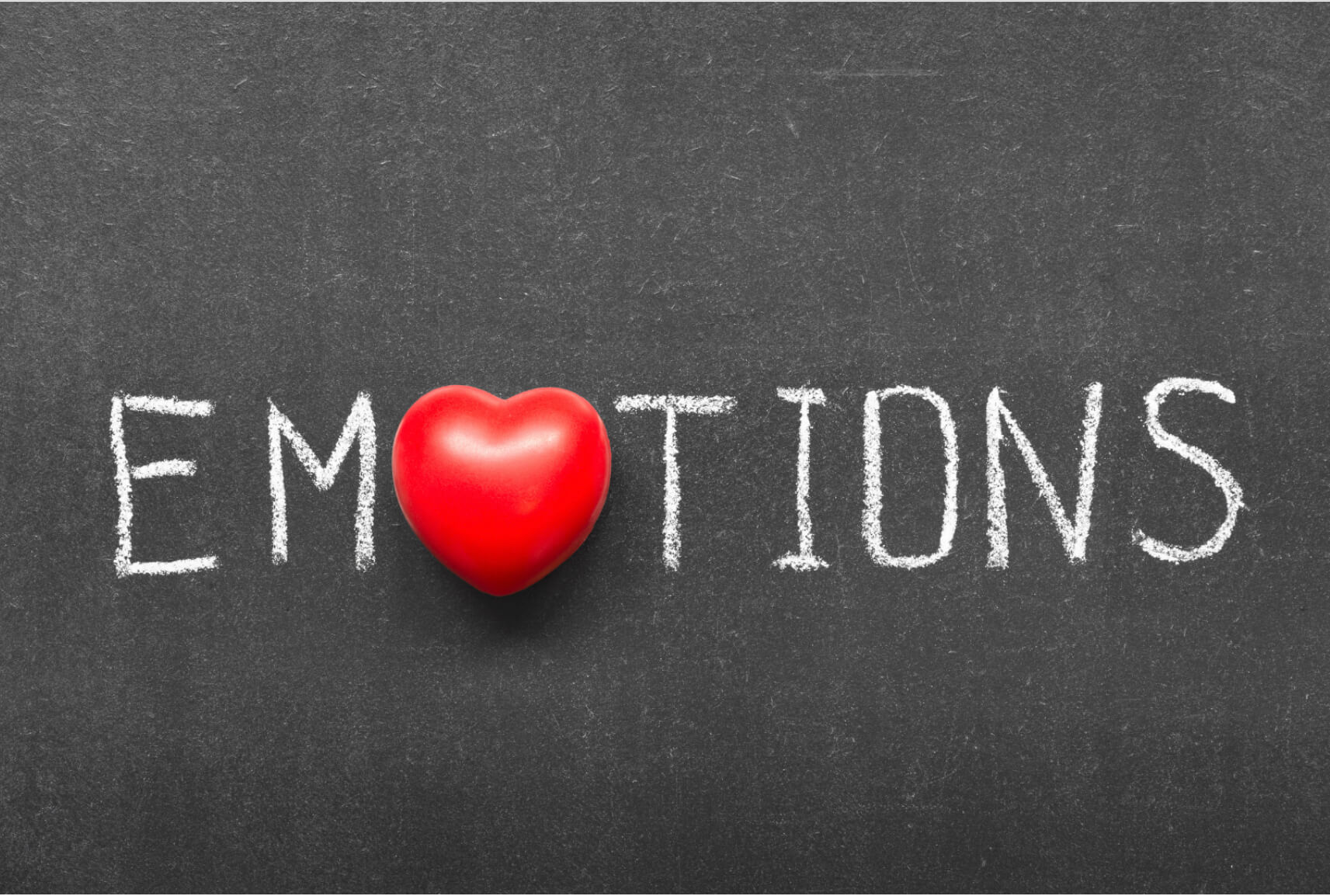
I had a friend tell me once, “Your mind can be working perfectly well, but at the same time your emotions can be out in the street kicking cans.” I rather liked that, even though the truth of it isn’t pleasant. What is it about our emotions that can grab us and drag us all over the map? Why is it that our rational thinking can say one thing but our emotional state undo our sane thinking?
Let me share with you ten random thoughts about emotions. These don’t have any real clinical backing – in full disclosure, this is the Gospel According to Tony, and as such is really fallible. These aren’t in any particular order.
1. Your emotions don’t have to control you.
Fact is, they often do, but that comes as a matter of choice. For instance, you can’t truthfully say “He makes me mad.” Nope. No one can make you anything. You might receive some sort of stimulus, but you can choose your response. In this age of entitlement when everything is someone/something else’s fault, we tend to forget one huge fact – you have been given the power to choose. Isn’t that something.
2. Examine your emotions frequently.
This may smack of some sort of feely-touchy navel gazing, but its actually healthy to monitor how you’re feeling at any given time. Many times your emotions are just a reflection of what you believe, about yourself and the world around you. Furthermore, emotional responses often are based on false perceptions – for instance, things are seldom actually as bad as they seem, but we act like little things are apocalyptic. We react to perception instead of reacting to reality.
3. You may think you’re a “feeler.” That’s fine, but that doesn’t mean you can’t be a “thinker,” too.
There’s a balance here. You may be one of those people who lead from their gut – letting an emotional tsunami totally override rational thought. You aren’t an amoeba, or lungfish, or cocker spaniel. You don’t operate totally on instinct. You can reason and ponder. (As an aside, I cringe when people suggest that you “follow your heart.” Ancient script teaches that the heart is deceitful among all things. That’s fodder for another blog.)
4. Sadness won’t kill you.
This one is tough; we view sadness and sorrow as alien and unwelcome. Sure, I’d prefer to be happy over being sad. But there’s good that comes from it. You’re better able to identify with folks, and minister to folks, who are in similar circumstances. I am personally more attracted to people who struggle and persevere than people who seem to have it all together (spoiler: they DON’T). You couldn’t survive on the same emotional plane all the time. It’s like the seasons … all four are necessary to the health and well-being of the planet and us.
5. God cries. Jesus wept.
The joke is that for me, sometimes my bladder gets behind my eyeballs. I don’t think I’m as prone to the weepies as I used to be. Maybe that’s an age-related thing. But remember – quoting the great theologian Gandalf the Gray, “Not all tears are evil.” Nor are they a sign of weakness. But you knew that already.
6. Emotions change like the seasons.
I’ve already hinted at this, but no one – unless there are some other problems or issues – stays in one constant emotional state. Don’t fret if your emotions change, even frequently. There are all sorts of dynamics that can go into that. If your emotions are totally uncontrollable, that’s one thing. But if you just have a blue day, or if you find that simple things give you joy the next, that’s perfectly fine. How you are today is most likely not the way you’ll remain. That’s a good thing. Now, GOD is constant, but that, too, is for discussion some other time.
7. Figure out whether time alone, or time with other people, is the best way to deal with your emotional state.
Obviously, this depends on the situation and the emotions you’re experiencing. Sometimes you simply need someone else around, someone you trust, someone you can bounce questions off of. (Choose wisely!) And there are other times when you need to withdraw from humanity for a season and decompress. Know yourself and know what you need. Take care of you – if you don’t, you won’t be able to take care of anyone else.
8. Figure out to do with Philippians 4:6, where Paul tells us not to be anxious.
Here’s what it says, in the New International Version: “Do not be anxious about anything, but in every situation, by prayer and petition, with thanksgiving, present your requests to God.” Well, pilgrim, I’m guessing that the “don’t be anxious” command might sound like a fantasy. Maybe you’re a worrier. Maybe you worry because you worry. The key, I think, to making this verse a reality in your life is found in the last sentence of verse 5: “The Lord is near.” That’s the truth to cling to – no matter how bad things seem to be unraveling around you, God is right there. Right there.
9. Those who don’t feel deeply wish they could.
This is an odd little truth, but folks who stand around stoically taking in the world, wondering what all the personal storm and stress is all about, secretly long to be able to engage on something besides a purely intellectual level. It’s okay and encouraged to feel, and to feel authentic emotion. It completes us as human beings. That’s all to say that you simply need to be real. And, perhaps, feel a little compassion for those that don’t.
10. You have the ability to feel because God has emotions, too.
We’re made in His image, right? We want to be wary of assigning God the same types of emotions we experience – for instance, when ancient script speaks of God being a jealous God, it’s not the same sort of jealously we experience. But He is a God of unbridled joy, and I think He enjoys seeing us having that same joy. And He reserves His anger and wrath for sin – He never “flies off the handle.” If you’re emotional, you’re in good company.
Here’s a bonus (I couldn’t keep it at just 10), and it’s all about supernatural comfort: 2 Cor. 1:3 – 4 … Praise be to the God and Father of our Lord Jesus Christ, the Father of compassion and the God of all comfort, who comforts us in all our troubles so that we can comfort those in any trouble with the comfort we ourselves receive from God. That’s it, right there.

